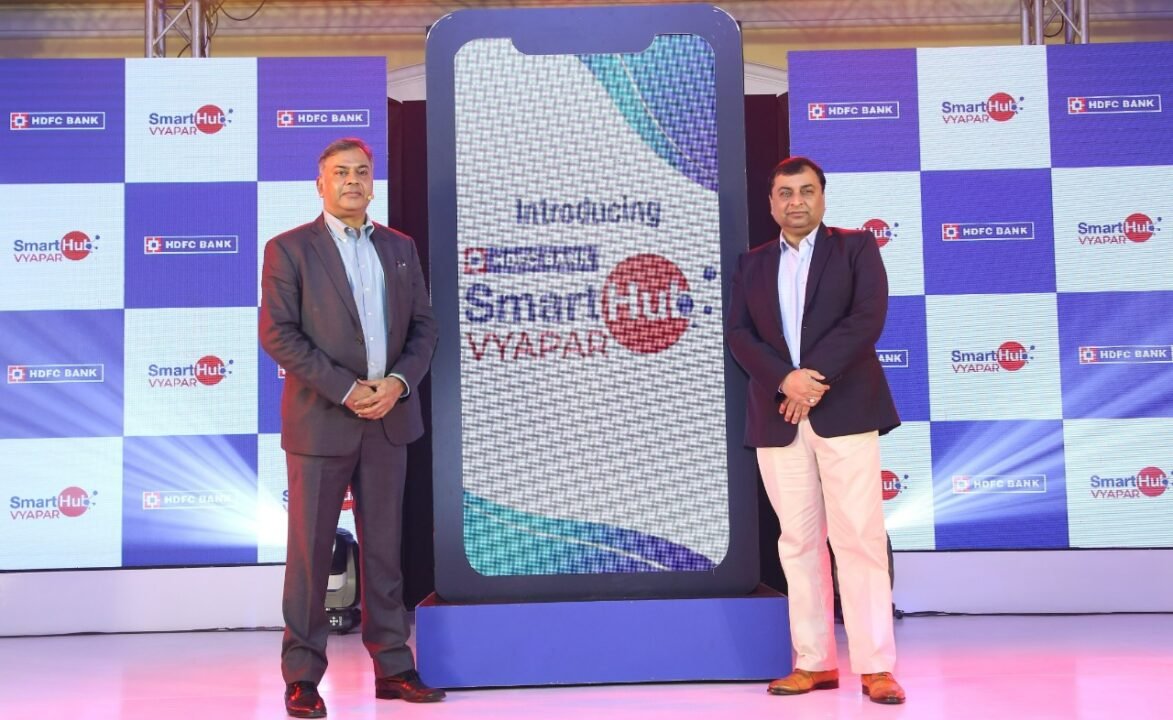HT Bureau
GUWAHATI, July 15: In a workshop organised by Mastercard, on Friday, the company highlighted the benefits of the adoption of card-on-file (CoF) tokenisation that is set to make credit and debit card-based payments on e-commerce platforms such as Amazon, Netflix, and Zomato, safer and more convenient. To safeguard consumers from cyber and financial fraud cases, the Reserve Bank of India (RBI) mandated the adoption of card-on-file (CoF) tokenisation of card transactions, as an alternative to storing cards on servers of e-commerce merchants. The new regulations will come into effect starting October 1, 2022, and will ensure a safe payment checkout experience for all consumers.
Notably, by tokenising their card details, consumers can continue to enjoy the saved card checkout experience they have today. The merchant websites and apps will only be able to store the card issuer’s name and the last four digits of the card number. Hence, if any unauthorised person or hacker gets access to the token, they will not be able to use it. The process of tokenisation will be based on consumers’ consent and the ones who do not opt for it would have to manually enter the details like card number, expiry, etc., every time to make an online payment. The sensitive information about consumers’ debit and credit cards will only be with issuer banks and their networks, like Mastercard. Tokenisation shall also provide consumers with access to new features through which they can reach out to their issuer bank and view all the saved tokens at various merchants and can suspend or unsuspend them without having to visit the individual merchant app or websites.
To comply with the guidelines and provide a seamless payment experience, Mastercard is collaborating with payment aggregators such as Juspay, Paytm, PayU, Razorpay, and Google Pay.







